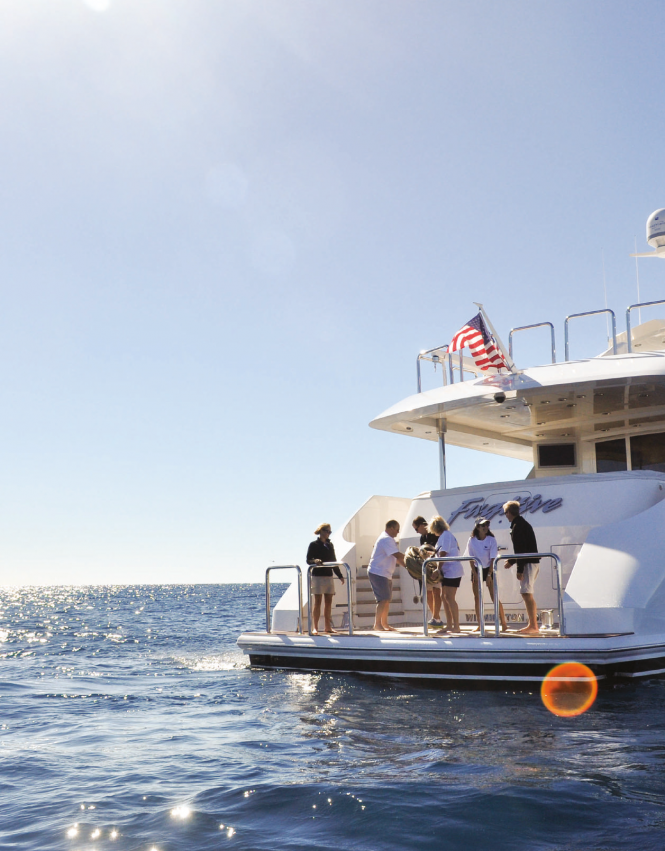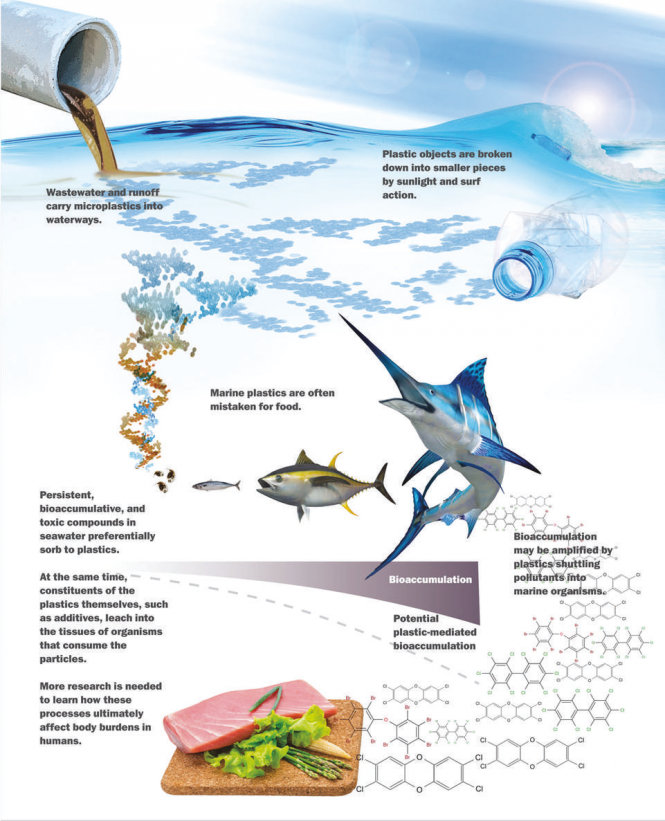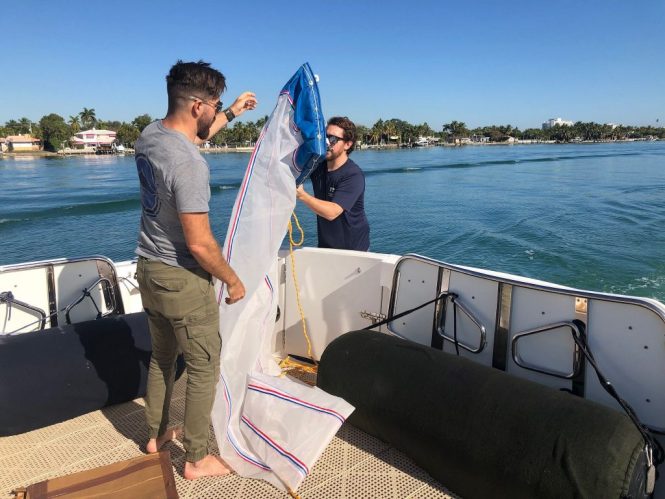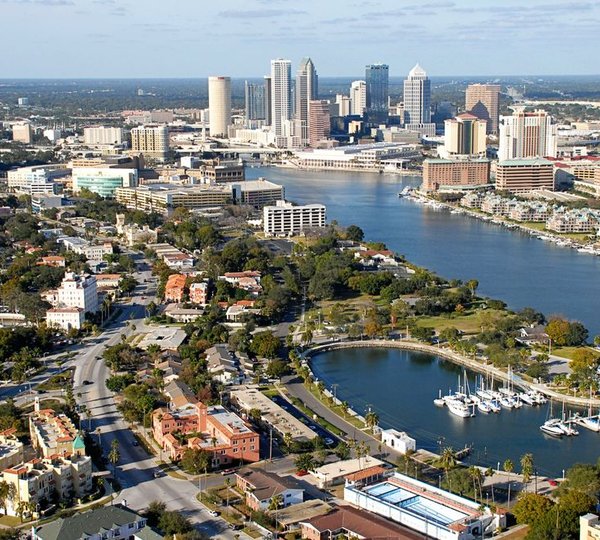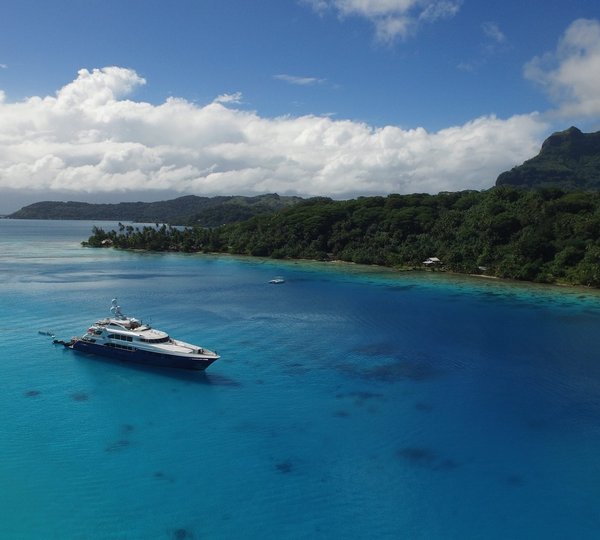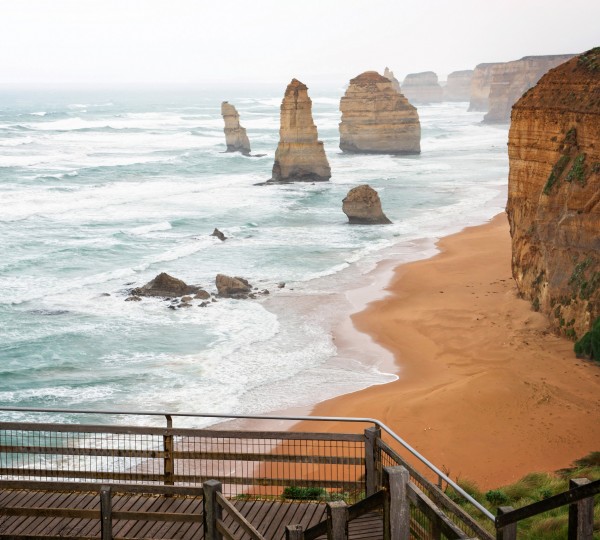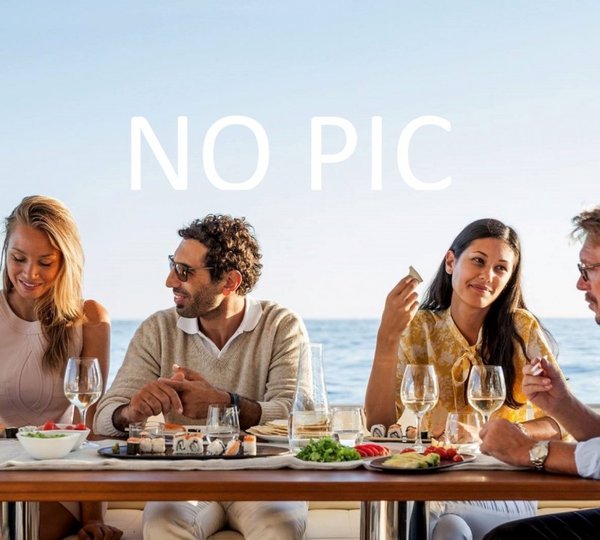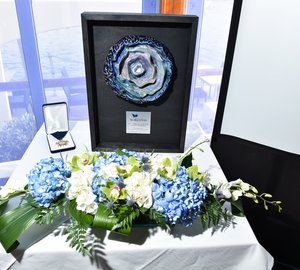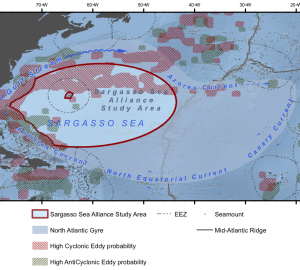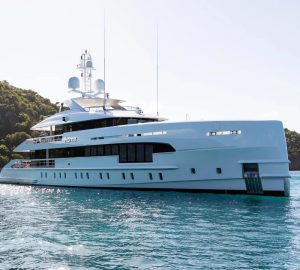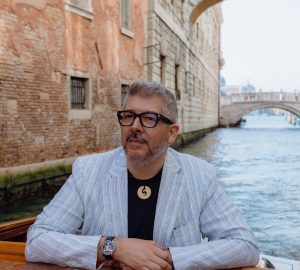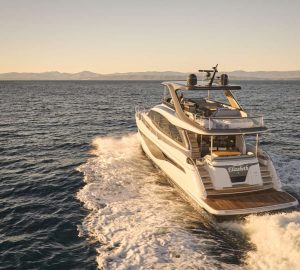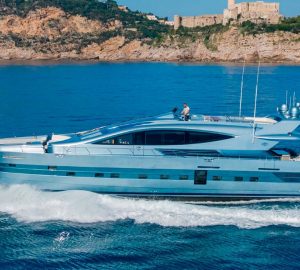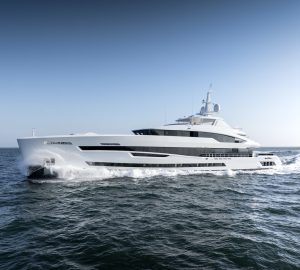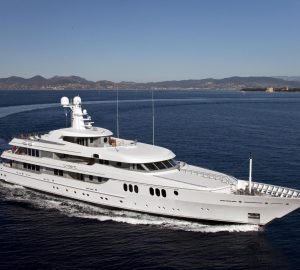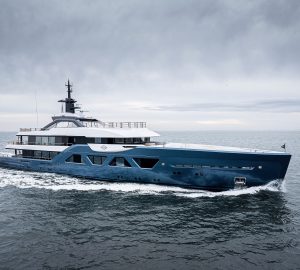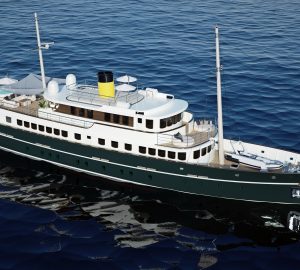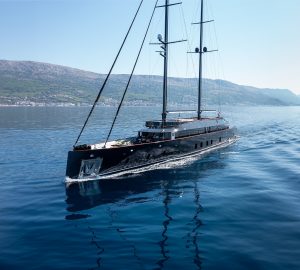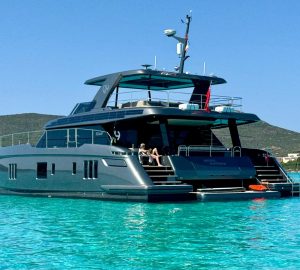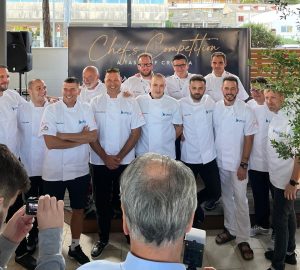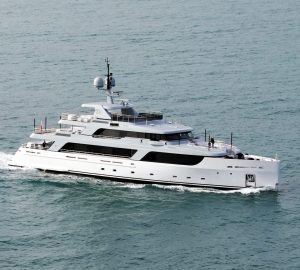Do you own a yacht or do you work aboard a motor yacht or a sailing yacht? If so, then we are sure that you care about our oceans’ natural environment and despise seeing our waters being contaminated with plastic. The International SeaKeepers Society that supports scientific research and ocean conservation through its DISCOVERY Yacht Program has undertaken an important mission to help fight plastic pollution through their S.A.R.A.H. research initiative in partnership with Florida International University. And the best part is, that you and your yacht can easily join in, to help to make our world a better place! Read the interview with the Program Director Tony Gilbert to find out more…
1. What is S.A.R.A.H and what is the mission of this exceptional initiative?
Since 2017 SeaKeepers has partnered with Florida International University on shark and ray research, and more recently developed the S.A.R.A.H Initiative (Sample, Aggregate, Return, Analyze and Help) in 2019, a program to address plastics pollution in our oceans. The aim of the S.A.R.A.H Initiative is to collect water samples for analysis of plastics contamination. SeaKeepers along with Florida International University have designed a kit which yachts can now independently use to collect samples while they travel around the globe.
The S.A.R.A.H. Initiative is part of SeaKeepers’ Citizen Science programming. Citizen Science offers a valuable opportunity for vessel owners to get involved in smaller-scale marine research initiatives. These expeditions do not require scientists to be on board and permit vessel owners and crew to participate in ongoing research projects which depend on the participation of non-scientists.
2. How does S.A.R.A.H. work and how is the research undertaken?
The project engages the yachting community by providing comprehensive onboard kits to allow yacht crews and owners to conduct plankton survey-style transects to describe and quantify the presence of marine microplastics. Microplastics are extremely small fragments (smaller than 5 millimetres) of plastic debris, resulting from disposal and breakdown of consumer products and waste. Marine wildlife often ingests microplastics as they filter seawater. This poses a risk to both marine animals and humans since they contain toxic chemicals that can potentially create health risks.
3. How many superyachts are taking part in this initiative to date?
So far, six (6) vessels would qualify as “Superyachts” however, we have had 10 boats total participate in the program and we expect to add 4 more to the fold in the next month or two. Those include two(2) smaller motor yachts and two (2) Sailing Vessels on long international voyages.
4. In which areas of the world’s oceans have you been collecting samples so far?
We have collected samples off the East coast of the U.S., the waters en route from French Polynesia to Australia, the Florida Straits between Florida and Cuba, all along the East Coast of Australia, the waters off the Pacific side of Costa Rica as well as en route from there to Florida, and finally off, the southern and eastern coasts of France and Spain, respectively. More locations are soon to be added.
5. For the yachts that would be interested in joining the initiative, could you tell us how time-consuming is this initiative and does the crew need any particular knowledge or training to join in?
For yachts wanting to participate, it is not time-consuming at all. We ask that they tow the sampling net once a week for twelve (12) weeks. This of course would be contingent on sea and weather conditions. But each tow would literally take 15-20 minutes of their time per week. It is easy to deploy and training is done with a field guide, how-to video, and remote guidance from me.
In the first step of the program, SeaKeepers sends boat owners a sampling kit, which includes a bin-like net to tow behind the boat. With each net tow, the contents of the net are rinsed into sample filters, labelled and sealed. After each voyage, the samples are packaged and shipped back to SeaKeepers. SeaKeepers then ships the samples to the S.A.R.A.H. Initiative research team at FIU where they are catalogued and analyzed for density, type and size of plastic particles. The oceanographic data is then archived in the database, to provide information to policymakers and other researchers on how to properly map the plastics problem globally and possibly push for more legislation. From captains to the crew to yacht owners and their families, participating in this program with no prior knowledge of instrument deployment or marine science has never been an issue, collecting scientific data has never been easier.
6. Where can owners or captains enquire about joining this important project
Contact our Programming Department, Tony Gilbert via email: tony@seakeepers.org, or by telephone: +1 305 281-1497.

